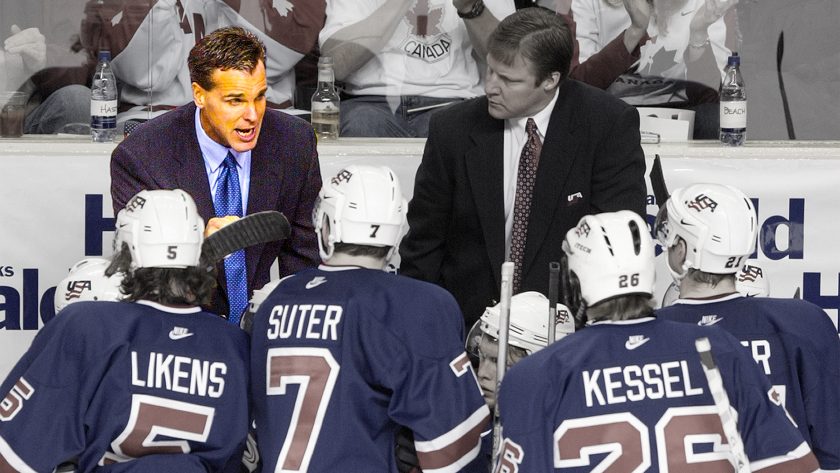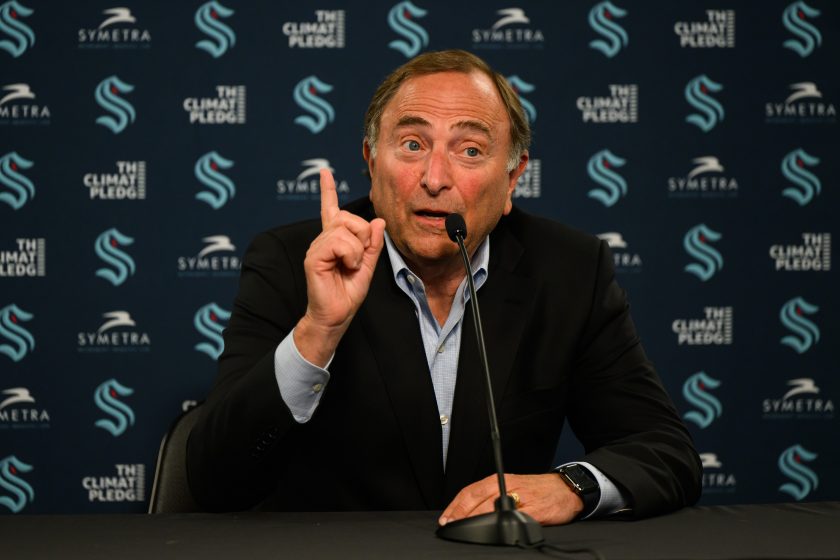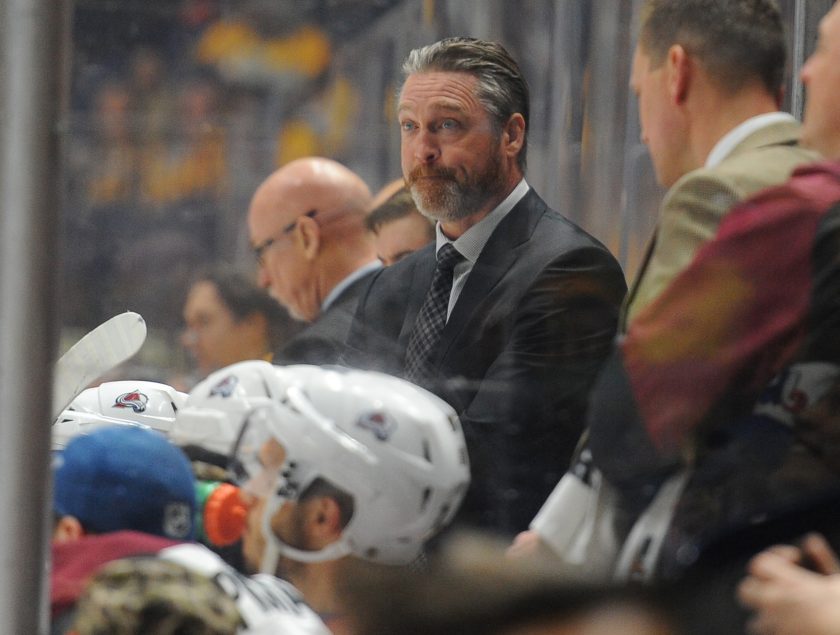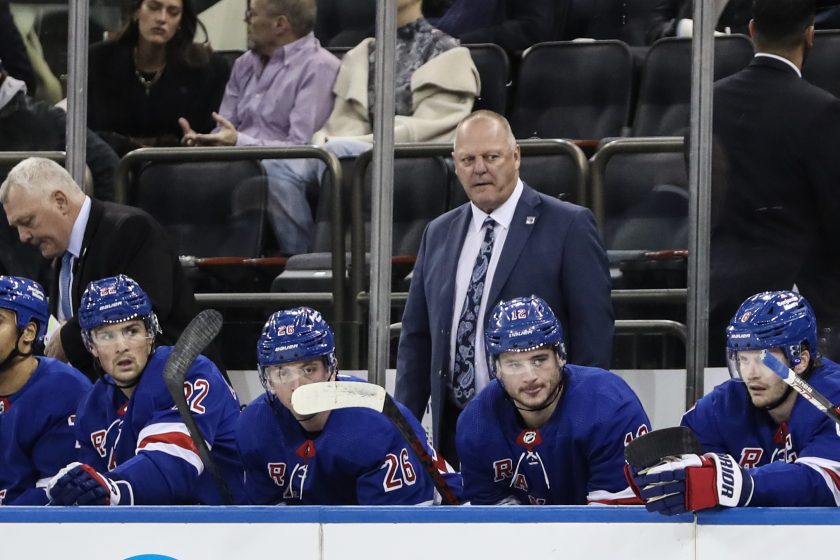New York Rangers HC David Quinn has plenty of work ahead of him

Now that all of the hoopla is over for newly hired David Quinn, the hard part begins as he tries to guide the New York Rangers back to the playoffs.
New York Rangers head coach David Quinn was hired to help develop and teach the young players on this team. At the same time, he also has to get the most out of the returning veteran players.
He will have his hands full on both sides of the spectrum, needing to showcase the abilities that worked so well for him while at Boston University.
The New York Rangers have seven players on their current roster who are 24-years-old or younger. Lias Andersson (19), Filip Chytil (18), Alexandar Georgiev (22), Pavel Buchnevich (23), Anthony DeAngelo (22), Neal Pionk (22), Brady Skjei (24).
The future of the Rangers organization is now the responsibility of Quinn and his coaching staff. Those seven players along with Quinn will go a long way in determining the Rangers success.
Quinn was interviewed by Steve Serby of the New York Post. A question and answer piece where the head coach had some interesting ideologies on what he expects from the team. He was asked to describe the ideal hockey player in which Quinn answered,
“Someone who plays at a pace … someone who’s physically and mentally tough … someone who is committed, not only at the rink but away from the rink. It’s a big piece of being successful in our sport, especially at this level. And someone who’s all about the team.”
For a young player or a veteran, the coach’s expectations are clear. The players know what he is looking for out of them and they can now begin to understand how this coach expects the game to be played.
Right off the bat a player such a Buchnevich, who never prospered with former coach Alain Vigneault, now has a much better idea of what is expected of him. Pavel can focus more on what he needs to do on the ice and less about what the coach is thinking.
The next few answers Quinn gave Serby is something the entire team, young and old, rookie or veteran must respond to. Quinn was asked to define mental toughness, physical toughness and what he would not tolerate?
Mental toughness is “when adversity strikes, you can fight through it. You have a bad shift, can you stop it [from becoming] a second bad shift? physical toughness is someone who can take a hit to make a play.” Quinn answered. Simple answers to a hard game. His response to what he will not tolerate was one simple word, “laziness.”
The kids on the roster now, and those will come to camp in September, will have no excuses now. The head coach leaves no doubt of what he expects from the players on his club. Simple answers to a sometimes complicated sport, but he knows how to handle the situation. The real question is, can the player really understand what the coach wants in an 82 game season?
[sc name=”Rangers Center”]Of course for the veteran player, it may a little harder to grasp the concept. This is where the coach is in uncharted water. He has served in the NHL as an assistant coach before, but this is a new situation for him.
Kevin Shattenkirk will be the buffer between the head coach and the veteran players. At least at the beginning, as Shattenkirk played for Quinn in the AHL. Shattenkirk spoke high praises of the new coach last week, displaying confidence that he can get the job done in New York.
When the team buys into Quinn’s philosophy, and earn his trust, unlike with their former coach, this team will begin to get wins and battle for a playoff position.
A very good week for the New York Rangers organization, but plenty to get done. The next step is the NHL Entry Draft in June where they have 10 draft picks. They might not select 10 players, but its good to know whomever they select will eventually fall into the hands of David Quinn.
[sc name=”Twitter Follow Link” text=”Frank” username=”@RangerProud” ] [sc name=”Rangers Link Next” link=”https://elitesportsny.com/2018/05/26/new-york-rangers-this-is-pavel-buchnevichs-time-to-shine/” text=”It’s Buchnevich’s Time to Shine” ] [sc name=”Rangers Footer” ]A graduate of St. John's University class of '91. I have been a fan of the New York Rangers since the days of Peter Puck. Founder of Ranger Proud, the Facebook page that covers all news, notes, pre /post-game stats, and player quotes. I can be reached at Nyrfc12@gmail.com






